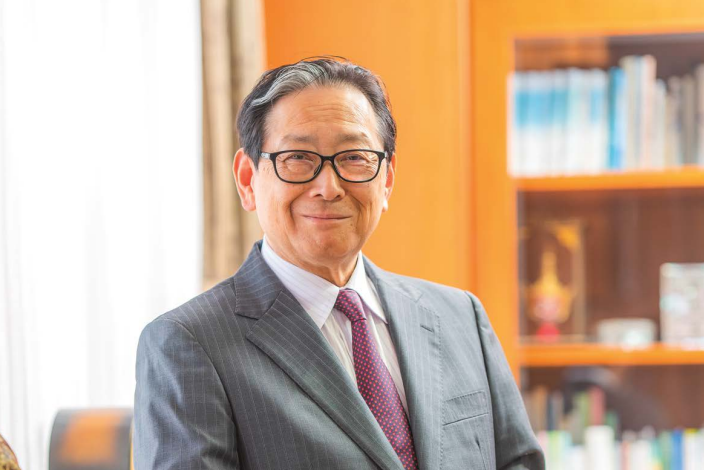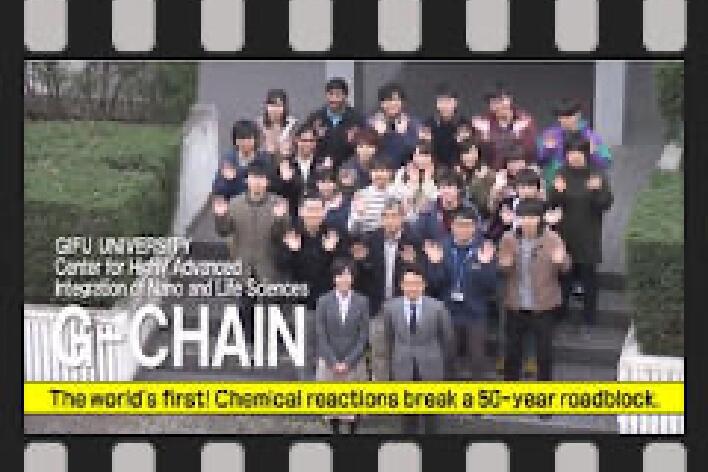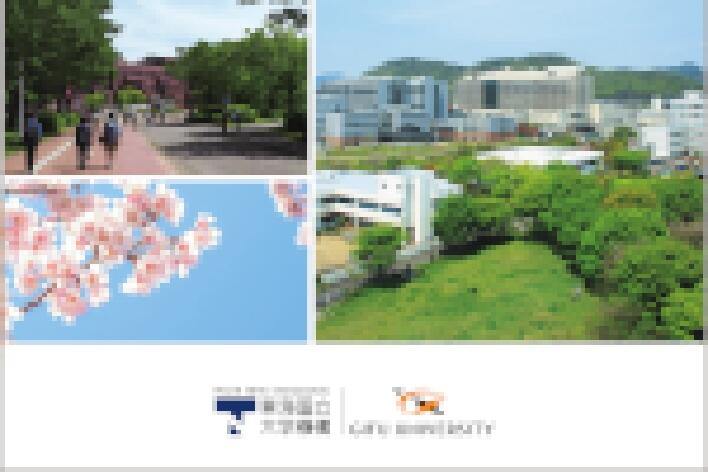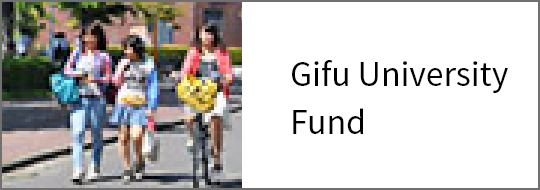Visualizing state of mind as a numerical value. Research on the mental health of college students during this period of rapid change.
*Information related to faculty members/students and graduate schools at Gifu University here are all that of the time of interviewing.
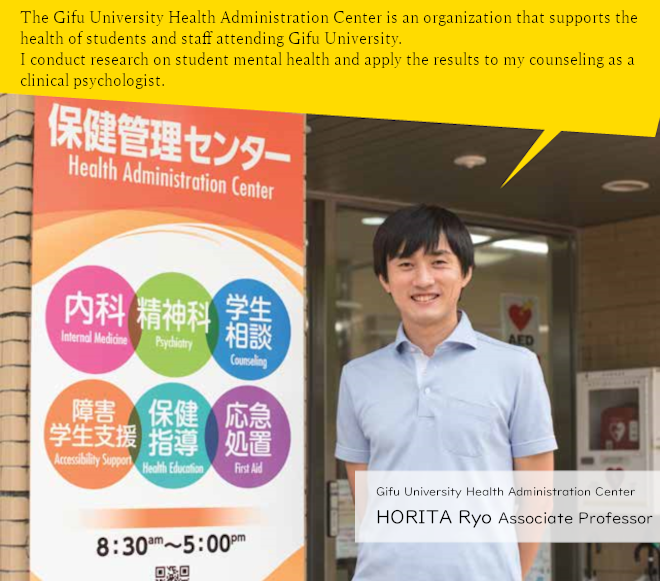
We use CCAPS for counseling students.
The college years are a time of great psychological growth, but also a time of instability. In order to capture such psychological stress unique to college students, I came across CCAPS*, which allows us to visualize state of mind, something that normally cannot be seen, as a numerical value, at an American academic conference in 2015. I told the developer of the original version of CCAPS then and there that I wanted to develop a Japanese-language version, and received permission to do so. A questionnaire was sent to approximately 2,700 students at 11 universities in Japan between 2016 and 2017. As a result of statistical analysis and verification of the response results, the system was put into practical use in 2019.

and the results are determined as soon as the
answers are completed. Students experiencing
stress receive a message urging them to seek
counseling. The real-time feedback system
was developed by Associate Professor Horita
in collaboration with a company and was the
first of its kind in Japan. CCAPS results are
displayed in a radar chart (graph) immediately
after the questions are answered. This check
is performed at each counseling session. If
the area enclosed by the line is reduced from
the previous session, it is a visual indication
that the student's psychological state has
improved.
CCAPS was the first tool of its kind in Japan that covered items specific to university students such as academic stress, allowed international comparisons, and was put to practical use through research. In the first year, we operated with paper questionnaires, and it took nearly a month to interview students who needed assistance. From 2020, a dedicated web-based response system was implemented, providing immediate feedback on results, and counseling is provided when necessary.
At the annual health checkup, we conduct a survey using CCAPS for all students and collect big data on the mental health of college students. After scanning the QR code and answering 55 questions, the user is scored on a total of eight categories of stress: depression, generalized anxiety, social anxiety, academic distress, eating concerns, hostility, family distress, and alcohol use, as well as on the intensity of "feelings of hopelessness (suicidal ideation)." For students whose health checkup results show a high rating for depression or anxiety, a message encouraging counseling and contact information for the Health Administration Center will be displayed on the screen. For those with strong feelings of suicidal ideation, counseling is quite strongly encouraged. Each counseling appointment allows students to check their emotional state with CCAPS and see how their feelings have changed based on a comparison of data with the previous appointment.
CCAPS helps us, the counselors, and the students themselves to understand, but it also has the additional effect of revealing the "unspoken chief complaint." For example, even though students do not talk about their studies in counseling, if academic stress is high in CCAPS, we can connect them to support to resolve this.
*CCAPS
Counseling Center Assessment of PsychologicalSymptoms:
a psychological and psychiatric symptom rating scale for college students. This was developed by Ben Locke, Ph.D., of Pennsylvania State University.
The psychological impact of the COVID-19 pandemic was revealed by CCAPS.

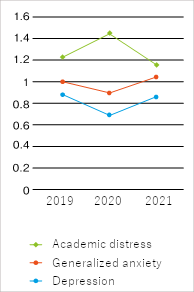
Changes in depression, generalized
anxiety, and academic stress
Higher scores indicate higher stress
Based on the results of a survey of students using CCAPS, we have identified the actual state of the mental health of college students during the COVID-19 pandemic. In particular, the new students were asked to compare the year 2019, before the pandemic, to the year 2020, immediately after the spread, in addition to the year 2021, one year later. As a result, the scores for "depression" and "anxiety" temporarily decreased from 2019 to 2020, and returned to the same level in 2021 as in 2019 (see Figure 1). Like us adults, the new students who entered in 2020 were experiencing the spread of infection for the first time, and I can only assume that they were in a state of anxiety and "not knowing what was happening."
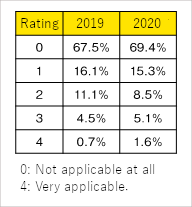
Changes in suicidal ideation
Percentage of respondents who gave
each rating for "sometimes I think that
I want to die."
In comparison, "academic distress" was higher in 2020, immediately after the spread of infection, than in 2019, and dropped to its original level in 2021. I believe that many students found it difficult to adapt to online classes when they first began. In terms of "feelings of wanting to die (suicidal ideation)," comparing the number of students who strongly felt this way before and after the COVID-19 pandemic, although there are an increasing number of students who feel this way, there are also an increasing number of students who do not. It is apparent that the impact of the COVID-19 pandemic on mental health has been polarizing.
A person's state of mind is constantly changing, and the results of this survey only capture the temporary state immediately after entering university. However, the results of this study are significant because they allow us to understand the changes that have occurred since before the COVID-19 pandemic, whereas other research began their investigations after the spread of infection. We will continue to collect data and compare the COVID-19 pandemic with other times of the year to see what the mindset of the general college student is like. We see research and support as two sides of the same coin, and would like to find out characteristics by region and faculty through comparisons with other universities that have introduced CCAPS and international comparisons, and thereby provide support.
Every year, in a seminar for new students, I say, "to be an adult is to learn to rely on someone else. It is important to cope by yourself, but if you cannot, please ask for help from others." It can be a friend, family member, or teacher. If you have something you are not able tell those people, turn to a counselor. We hope that students at Gifu University will receive appropriate psychological support and enjoy a fulfilling university life that makes them glad they enrolled here.
